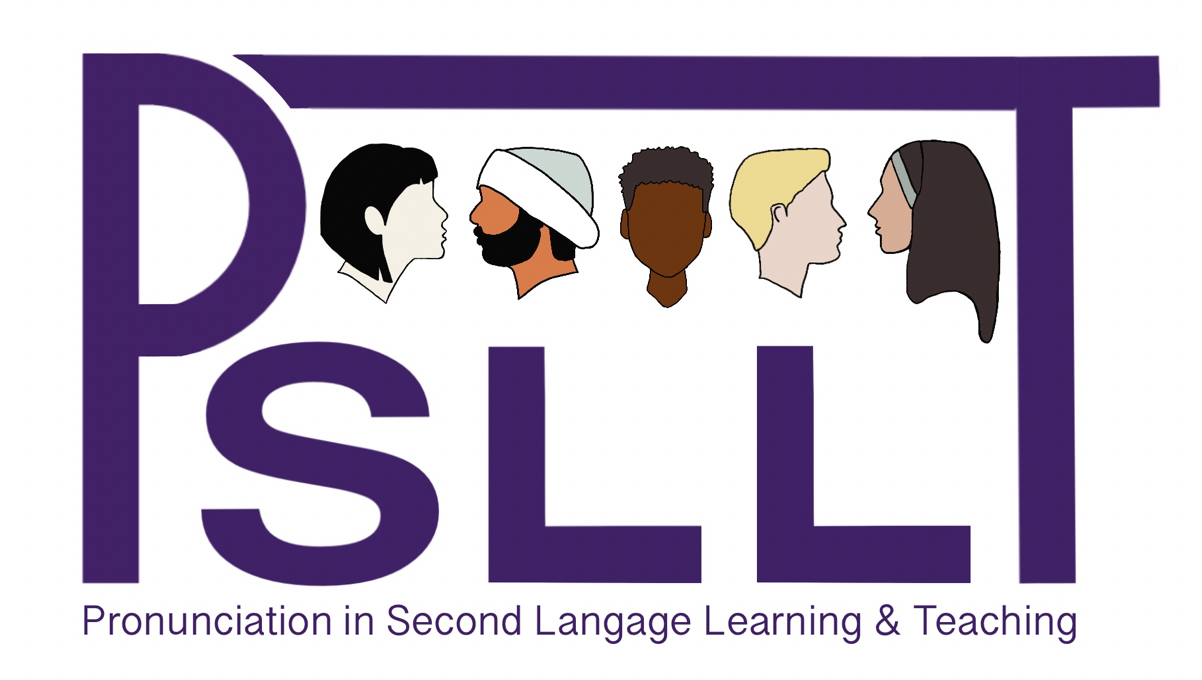English-Spanish Bilinguals’ Attitudes Toward L2 Pronunciation: Do They Identify With Native Spanish Speakers?
- Tyler K. Anderson (Colorado Mesa University)
- Benjamin J. Souza (Appalachian State University)
Abstract
This study investigates the perceptions of English-influenced pronunciation of Spanish in order to determine how factors such as second language proficiency and identity influence these attitudes. To answer these research questions a modified matched-guise technique was created, with stimuli consisting of seven recordings of the introduction to the fairytale Little Red Riding Hood in English and Spanish. Analyses of the data reveal that the English-Spanish bilingual participants, when asked whether or not the person in the speech sample was like them, did not identify with the poor English sample, the native Spanish sample, or with the poor Spanish sample. As expected, participants identified strongly with the native English sample and only somewhat identified with the non-native Spanish with English aspiration and the non-native Spanish samples. Interestingly, the participants were evenly divided when responding to the Spanish with English interference sample; roughly half identified with this sample while the other half did not. As hypothesized, more proficient bilinguals were capable of making more fine- tuned distinctions between the samples, indicating that they are indeed more aware of the subtle differences in English-influenced Spanish pronunciation.
How to Cite:
Anderson, T. K. & Souza, B. J., (2011) “English-Spanish Bilinguals’ Attitudes Toward L2 Pronunciation: Do They Identify With Native Spanish Speakers?”, Pronunciation in Second Language Learning and Teaching Proceedings 3(1).
Downloads:
Download PDF
View PDF
